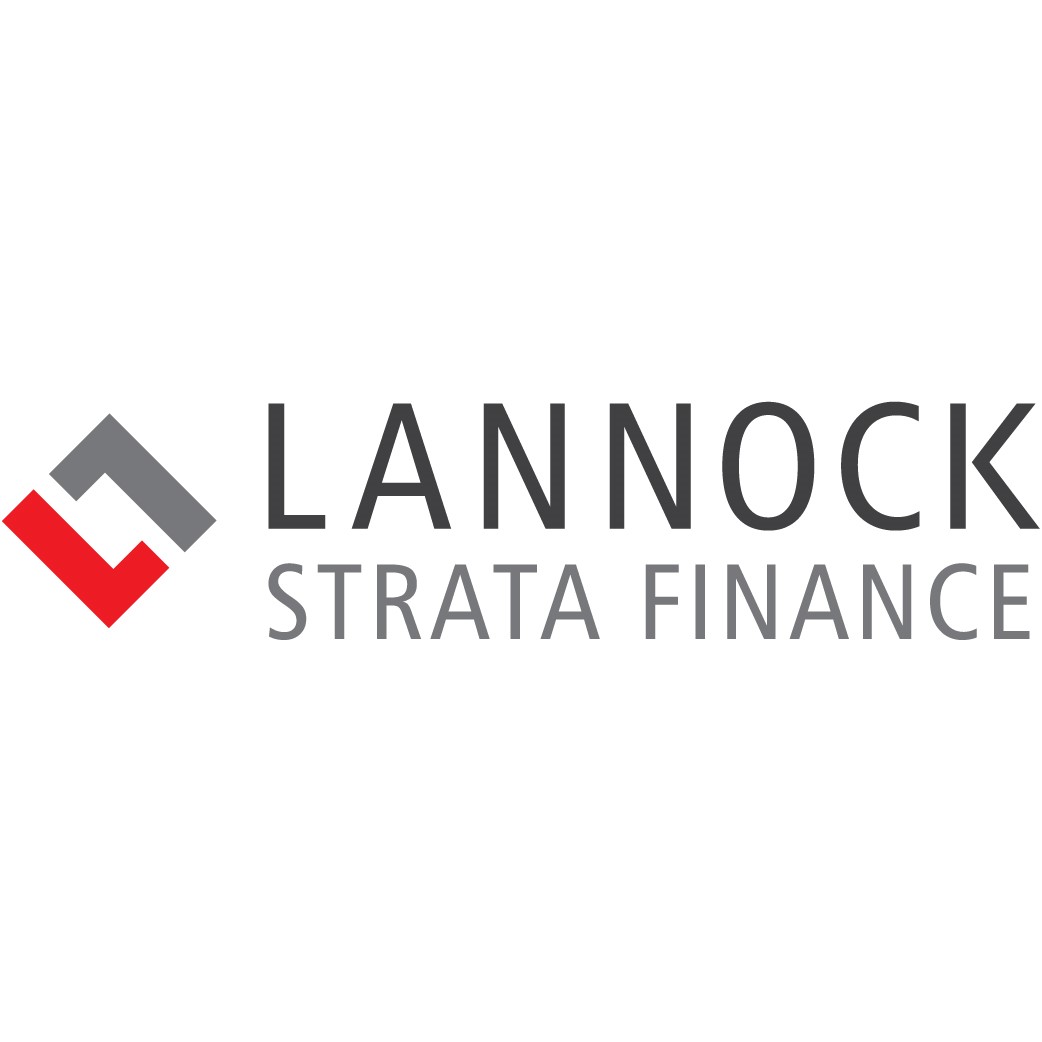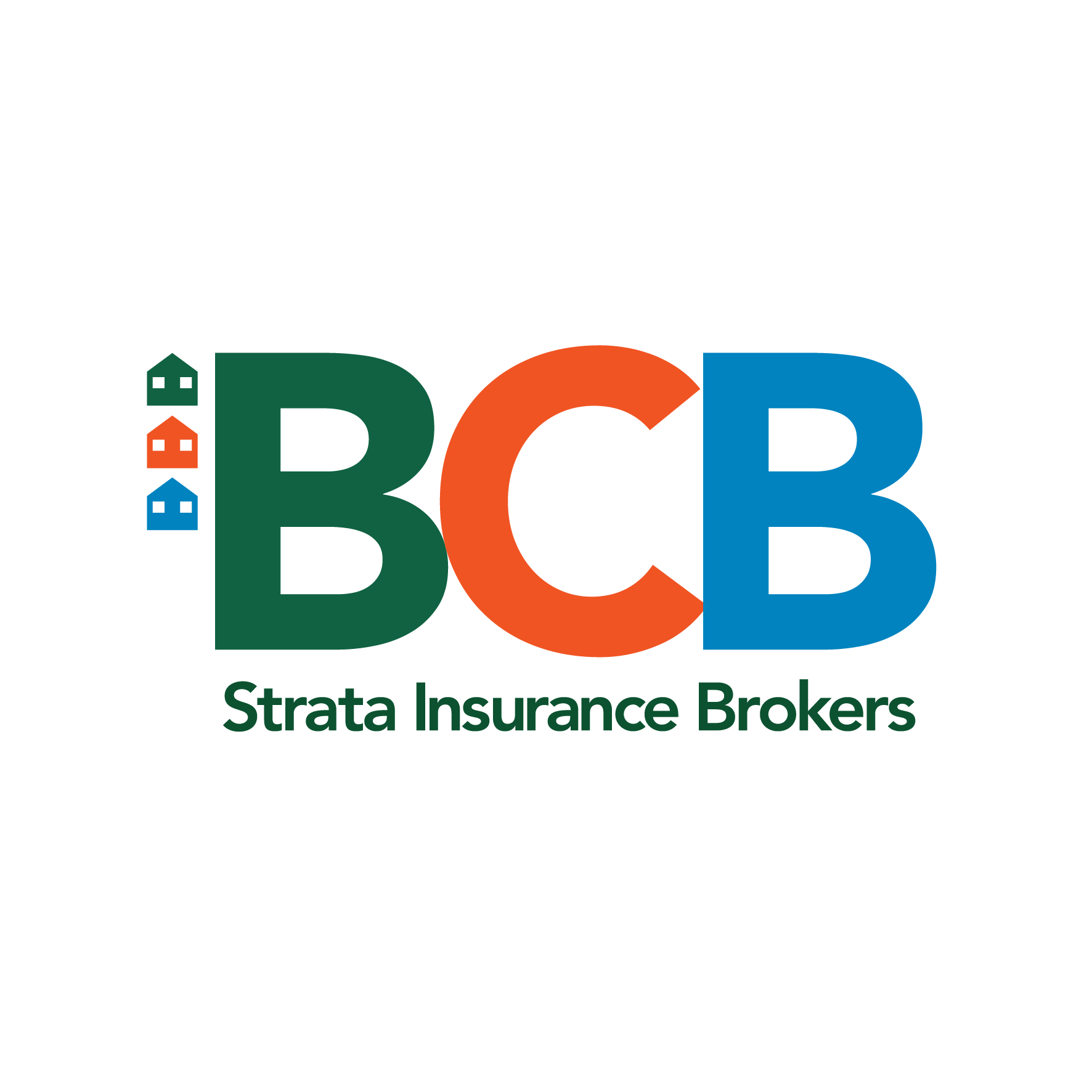The Strata Lifestyle
Strata schemes are effectively small communities, where the activities and attitudes of residents can have a impact on others. Therefore, it is important to be aware of your responsibilities and obligations when you own or live in a strata unit.
Strata living can provide a positive community style environment, but you must remember it is not the same as living in a freestanding house. Some activities may be more restricted in a strata scheme, for example, owning a pet, level of ambient living noise, where you can park your car or how you can renovate.
- You own your unit or apartment as well as sharing ownership and responsibility for ‘common property’.
- If you own your unit, you are automatically a member of the body corporate, which has responsibility for common property.
- You have to contribute to the cost of running the building by paying levies.
- There will be lifestyle restrictions in a strata scheme, for example there are rules called by-laws that may affect you doing renovations to your unit, keeping pets, parking your car etc.
Definitions
Common Property: is all the areas of the land and building not included in any ‘lot’. It is jointly owned by all owners and the body corporate is responsible for its management.
Lot: may include a unit, town house, car space & storage area that you have a right of ownership over on title. It is made up of cubic air space and is generally formed by the inner surface of the boundary walls, the under surface of the ceiling and the upper surface of the floor.
Lot owner: a person(s) or company that buys a lot and whose name is shown on the roll.
Body Corporate: is made up of all the owners in the strata scheme. Each lot owner is automatically part of the body corporate and has a right to participate in decision making.
What is a strata scheme?
A strata scheme is a building, or collection of buildings, where individuals each own a small portion of the scheme known as a ‘lot’ (eg. an apartment or townhouse) but where there is also common property (eg. External walls, windows, roof, driveways, foyers, fences, lawns and gardens). Every owner shared the ownership of the common property.
Strata schemes vary in size, some comprise only two lots, other have more than 700 lots, strata schemes do not just apply to residential developments. There are also commercial, industrial, mixed use, hotel and retirement village strata developments.
The major difference between owning a house and owning a unit or apartment (known as a ‘lot’) in a strata scheme which was established under a Building Format Plan (BFP), is the external walls, the floor and roof do not usually belong to the lot owner. These areas are usually common property. The maintenance and repair of these parts of the building are usually the responsibilities of the body corporate to maintain and insure. As it is common property, the lot owner is not able to alter or renovate these areas without the permission of the body corporate.
What are the responsibilities of owners and residents?
Owners and residents living in a strata scheme are members of a community. To ensure your community runs harmoniously you need to;
- Be considerate and co-operate with your neighbours, this will help minimise dispute and conflict.
- Follow your strata schemes by-laws (your communities set of rules).
- Do not damage common property.
- Lot owners must pay your levies.
By-laws
There is no ‘mandatory’ set of by-laws. Some model by-laws are set out in legislation, others are set by the original owner/developer of the scheme. By-laws can be made or changed to meet the needs of all owners and to assist with the running of the scheme, after consideration by owners.
Some common by-laws;
- Keeping animals
- Parking
- Noise
- Activities of residents & visitors
- Drying of washing
- Renovating your lot
- Cleanliness/appearance of your lot
Some examples of frequently asked questions…
“I want to get a dog. Do I need the bodies corporate permission”
Check your by-laws first. Some schemes allow pets with the permission of the body corporate, the committee can give this approval. Other schemes do not allow pets at all. If your by-laws allows for pets than make a written request to the body corporate and include any information to support your request. See our forms section on our website for a ‘Request a pet application’.
“Someone is making a lot of noise late at night. How do I get them to stop”
The best approach is to try to resolve the problem yourself, so talk to the person first, try not to be aggressive or emotive. This approach may be most effective if undertaken after the event. If that doesn’t work or, if you feel intimidated, you have other choices. You can ask the body corporate committee to issue them with a formal written notice to comply with the by-law then seek a fine if they keep breaching (this approach can take many months). Or you can apply for mediation through Fair Trading to have a mediator assist you to discuss the issue with them.
Breach of by-laws
Approach or notify the person of the breach; the person may not be aware and may cease, the breach immediately. This can be done by yourself or through the Building Manager/Caretaker or your Body Corporate Manager. It can also facilitate harmonious community living by resolving a matter internally.
If a breach of the By-laws persists or is quite serious, the Committee can approve either of the two notices:-
- A Future Contravention Notice which is intended for a breach that has stopped and may re-occur e.g. noise.
- A Continuing Contravention Notice which is intended for on-going issues e.g. an illegal structure.
If a person does not comply with the above notice, the person can be invited to Conciliation through the Office of the Commissioner for Body Corporate and Community Management to resolve the matter.
If no agreement to cease the breach is reached through Conciliation, an Application to seek an Order of an Adjudicator can be submitted to the Office of the Commissioner for Body Corporate and Community Management.
Please note that the above process is in accordance with the Body Corporate and Community Management Act and its Regulation Modules. Formal resolutions by the Committee much be achieved to proceed with such notice. Some Schemes in Queensland may be governed under the Building Units and Group Titles Act (BUGTA). If this applies, points 2 and 3 do not apply and an Order of a Referee can be sought through the Office of the Commissioner.
“Remember to talk to the person about it first. They may not be aware of the breach.”
What is the Body Corporate?
The body corporate is made up of all the owners in the strata scheme and the common property. Each lot owner is automatically part of the body corporate and has a right to participate in the decision making.
What does it do?
The body corporate has responsibility of the overall management of the scheme which includes;
- Financial management;
- Keeping all necessary insurance covers up to date;
- Record keeping;
- The repairs and maintenance of common property;
- By-laws;
- Engagement of contractors to undertake various roles of maintenance and administration.
The body corporate can only make decisions at properly convened meetings. The annual general meeting (AGM) is held once a year. Extraordinary general meetings can be held at any other time, provided at least 21 days prior written notice is given to all owners of such a meeting.
The Committee
The body corporate must elect a committee at every AGM. The committee can make many of the day-to-day decisions about running the scheme on its behalf.
Election of the committee
It can have up to seven members and, once elected, decides who is to hold the officer bearer positions of chair (Chairperson), secretary, treasurer and ordinary committee members.
Who can stand for election?
You can be elected to the committee if you are:
- An owner;
- A company nominee of a corporation that is an owner;
- A person who is not an owner but who is nominated by an owner who is not standing for election.
What is the committee responsible for?
- Dealing with owners requests / complaints;
- Enforcement of by-laws;
- Monitoring the schemes financial position;
- Working with, monitoring and directing the Building Manager;
- Work with and directing the Body Corporate Manager;
- Keeping full and accurate records of meeting resolutions;
- Carrying out resolutions passed either at a committee meeting;
- Carrying out resolutions passed at a general meeting;
- Preparing proposed budgets for adoption at each annual general meeting;
- Giving notice of levy contributions (after they have been fixed at a general meeting);
- Issuing of body corporate information certificates;
- Making available the books and records for inspection by an interested person;
- Approving a transfer of any management rights;
Committee Meetings
Once a year the committee, specifically the secretary, must convene and hold a general meeting, referred to as the annual general meeting. They can also hold additional general meetings (known as extraordinary general meetings) as necessary throughout the year. There are rules about how these meetings are to be called, who can attend and vote, how they must be run and how decisions are made. It is not compulsory for a committee to hold a meeting but a committee may wish to hold many formal committee meetings in a 12 month period. All formal committee meetings can only be held if 7 days prior written notice is given to the members of the committee and to all other lot owners within the scheme.
A committee meeting may take two forms.
- A face to face meeting
- A voting outside of a committee meeting (VOC) or commonly referred to as a flying minute.
A decider of a committee is when a quorum of committee members (half of the total number of committee members) votes in the affirmative.
“I am an owner—what meetings do I have to go to?”
While it is not compulsory for an lot owner to attend committee meetings, a strata scheme operates better if those concerned take an interest in its affairs. There would usually be several meetings of the committee a year, however the annual meeting, when levies are set for the coming year and the committee is elected, is the only meeting required to be held by law. It is helpful if people are willing to making themselves available for election to the committee.
How do I get to have a say in the meetings?
Owners have the right to speak at any general meeting, and if you can’t attend personally you can give someone your proxy or complete a voting paper. However, in order for your vote to count you must be financial (paid all your levies).
The Body Corporate Manager
The Body Corporate Manager is contracted to the scheme to provide body corporate management services, including administrative matters such as calling meetings and collecting levies. They should also provide advice and guidance about legislative requirements.
Duties generally include:
- Prepare and forward notices as required by the Act;
- Prepare notices of Committee and General Meetings;
- Attend and prepare minutes for Committee and General Meetings;
- Attend to matters resulting from Committee and General Meetings;
- Attend to all correspondence;
- Keep the books, records and roll;
- Issue levy notices to owners and collect their contributions;
- Prepare statements of account and annual budgets;
- Pay accounts;
- Effect all insurances and submit claims;
- Make applications and submissions to the Adjudicator/QCAT as “required”;
- Recommend actions for Committee and Strata Scheme to ensure
- compliance with the QLD Act.
What are body corporate levies?
Body corporate contributions are otherwise known as the body corporate fees or levies. Lot owners are required to pay the body corporate to ensure it has sufficient funds to meet its financial commitments in any given body corporate financial year.
The amount and frequency of the body corporate levies required to manage the common property are decided by the owners each year at the Annual General Meeting (AGM) of the body corporate. A contribution notice is sent for each payment period (generally 3 or 4 months per period). The levies are divided into 2 separate funds.
1. Administration Fund
The administration fund is for regular recurring expenditure and includes payments to service contractors, utilities, ongoing maintenance and repairs and upkeep of common property.
2. Sinking Fund
The sinking fund is a separate fund where money is put aside for future non-recurring maintenance (e.g. painting) and the purchase of new body corporate assets.









